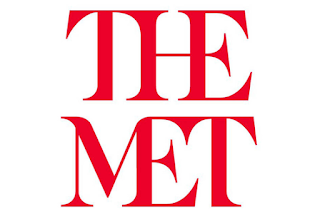On his own blog, my colleague Nate Zeisler describes two models for musical careers . In the first model, musicians are mechanics, creating within "a very narrow, accepted window of performance practice which has been dictated by your teacher, conductor and the music written on a page." In the second model, musicians act more like designers, and come up with "new ways of thinking about the art form" by drawing on new genres of music and artistic disciplines. For Nate, the path toward a successful career is to fuse the two: In the field of classical music, there is very little room for people who can’t infuse qualities from both sides of the aisle into their career. Great designers in music will have little to say and won’t have credibility in the field if they aren’t great mechanics. Great mechanics, for the most part, won’t have a sustainable career if they’re not thinking as designers. I agree that the most successful musicians will be able to be both mechanic...
